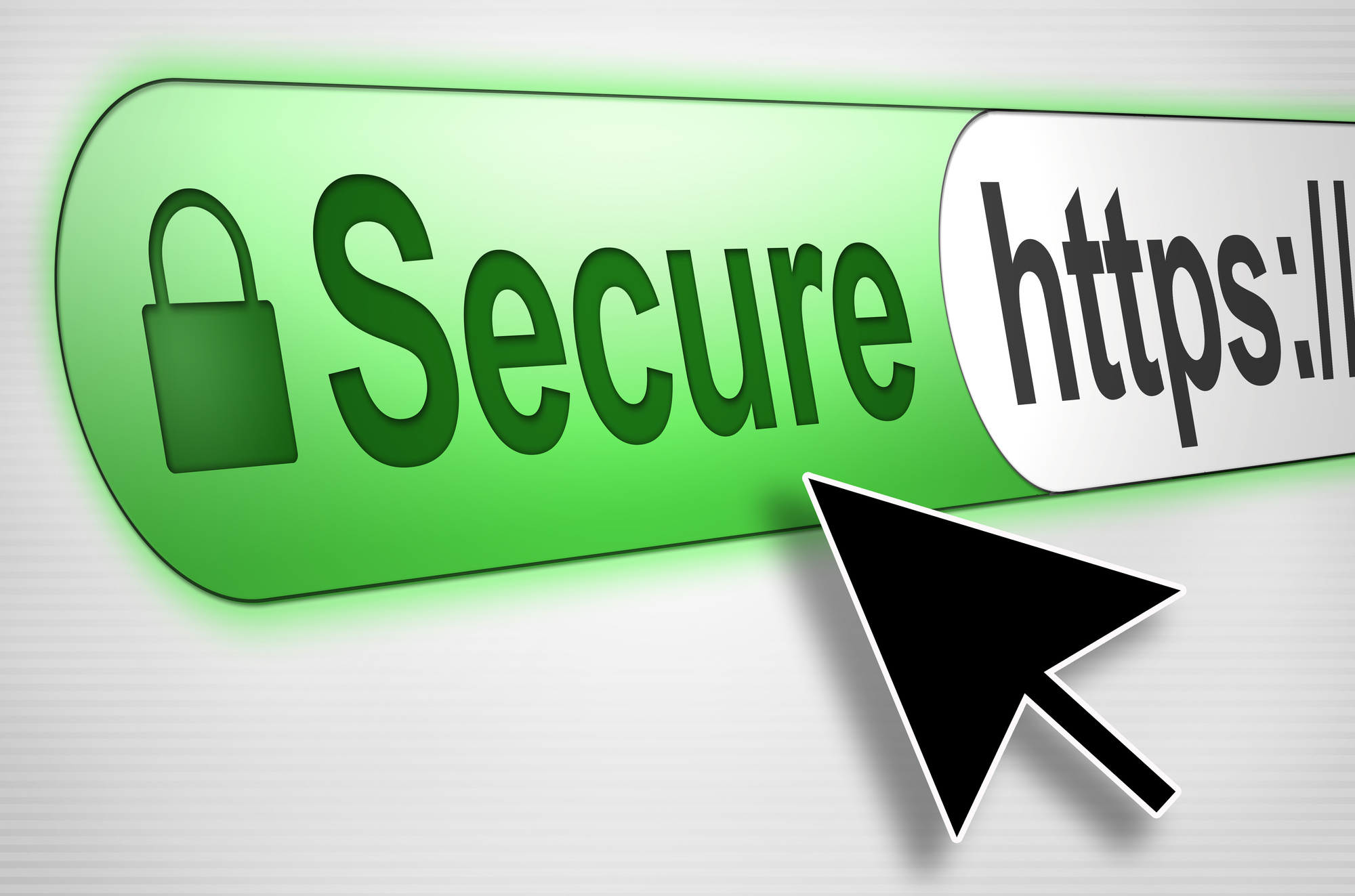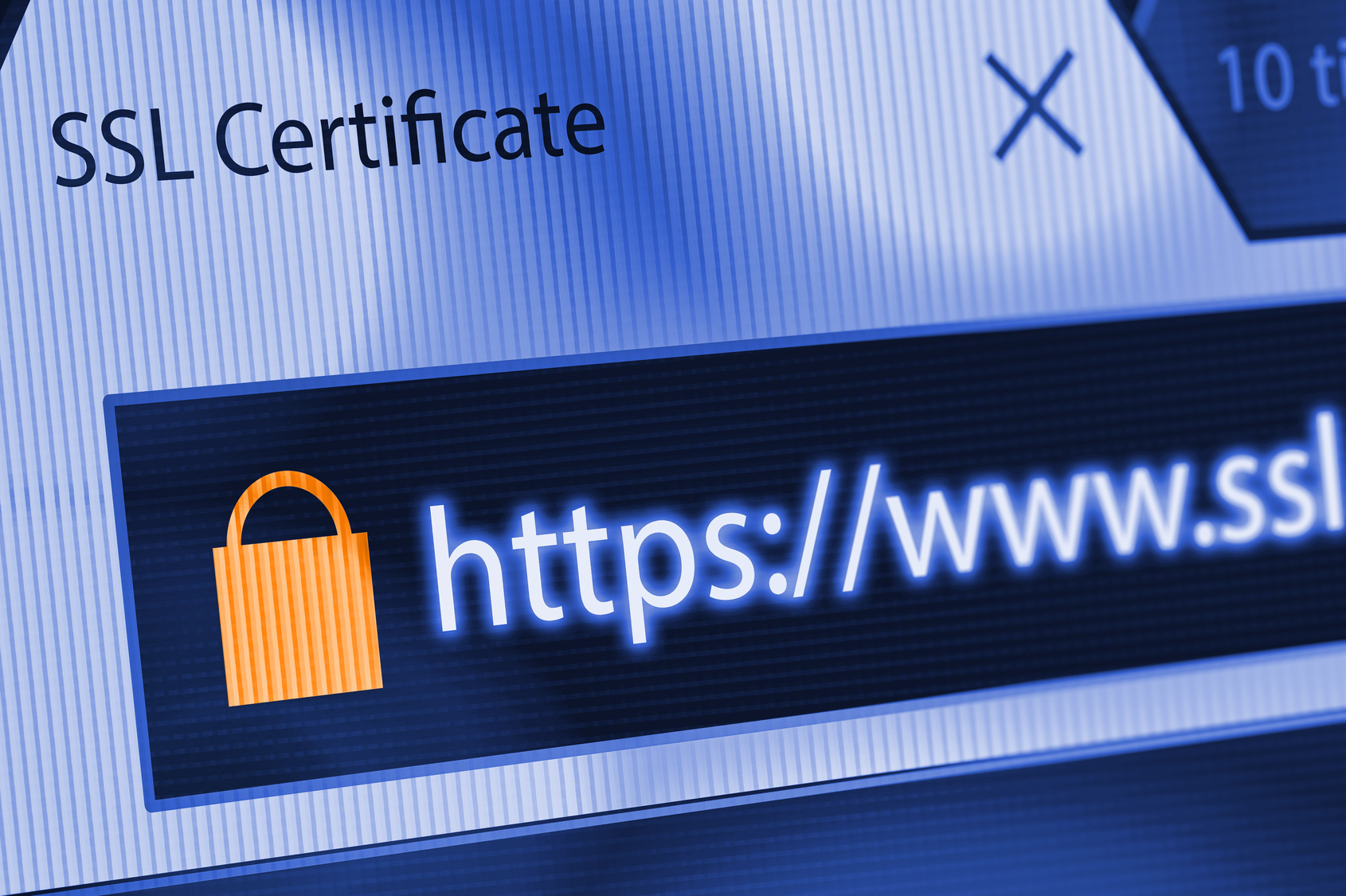When talking about protecting customer’s information there is nothing to laugh about. The quickest way to have a mass exodus of customers is to have a security breach and their information compromised.
Online shops are nearly essential for retailers today. In 2017, there were an estimated 1.66 billion people worldwide who shopped online. That’s a lot of customers who trust online retailers to protect their information and stay up to date on their site security.
However, unlike a physical store, customers are not provided with easily accessible sales clerks to ask about the safety of their personal information. For that reason it is up to you to properly secure your online shop in ways that help to prevent the theft of a customers information.
Luckily for online retailers, there are plenty of options to choose from and ways to improve site security. From encrypting data to creating backups, the following list is comprised of the top 10 security tips for online shops.
Keep reading to learn more about securing your online shop and protecting your customer’s private information.
1. Invest in a Secure Hosting Service
One of the best ways to go when securing your site is to invest in a secure hosting service. However, there are certain things to consider when trying to choose the right secure hosting service.
Make sure the hosting service you choose provides a secure platform with backup systems in place. The hosting service must also provide high uptime guarantees, secure data centers, RAID data protection, and manual reboot.
If a hosting service doesn’t provide those things it would be beneficial to look elsewhere for a more secure hosting service.
2. Update to SSL/TLS
SSL stands for Secure Sockets Layer and TLS stands for Transport Layer Security. Both of these forms of security are used to encrypt data between applications and servers.
Do better explain, they ensure data sent across insecure networks are properly secured. You can ensure this happens by checking to see if your site already has an SSL certificate.
If your site does not already contain SSL and TLS security protocols then you will need to upgrade your site for this. Google offers a fantastic guide to show site owners worried about their site security how to do this.
3. Employ Multiple Layers of Security
One solution to site security is not enough. Redundancy is essential when discussing and actively securing your online shop.
This can be done by creating backups for all points of entry into your site and then creating backups for those backups. The theory behind this is to slow down hackers and discourage them.
No security protocol is absolute, hackers are determined individuals with nothing but time on their hands to break through ay security protocol they come up against.
However, even though hackers will always find a hole, multiple layers of security will ensure that there is a wall behind hole they discover. Hopefully, they will become frustrated and look elsewhere.
4. Use Third-Party Payment Processing Systems
The first thing you should do to improve site security and protect your customer’s information is to remove their information from your site. Do not store the financial information of customers on your site.
Instead, use a third-party payment processor to handle payments between your and your customers. Be sure the qualified payment processor is compatible with your site, offers industry-leading fraud prevention, and identity theft protection.
Any payment processing server you find who does not offer even one of those things should be discarded as an option and you should look elsewhere.
5. Backup Your Site Regularly
The main benefit of backing up your site is the ability to get it back up and running quickly with little effort. Rebuilding lost resources from scratch can take hours or even days. Time your customers will use to look elsewhere for their shopping needs.
To ensure your backups are effective, you must back up at least every 24 hours. If necessary create a back up twice a day, once in the middle of the work day and again at the end of the workday.
6. Two-Step Authentication
Two-step authentication provides an extra layer of security. This is because two pieces of information are required for every login attempt.
This is best accomplished by requiring a password and then a special code sent via email or SMS to complete the login attempt. Should someone steal your password or figure it out they will need to physically have your phone to complete the process.
This should be done not only for yourself or your employees but also for customers as well. It’s also a good feature to look for when shopping around for third-party payment processing services.
7. Encryption Software
Not only should the data your site transmits be encrypted and secured with SSL/TLS protocols, but your own site should use encrypted algorithms to ensure site security.
One way to do this is to use HTTPS instead of just HTTP. HTTPS is the secure version of HTTP, hence the “S” added at the end.
A benefit of using HTTPS is that it includes the use of SSL certificates, and if that wasn’t enough it is also Google recommended.
Many sites use HTTPS as part of their encryption software. It would be beneficial to look at some other online retailers out there to see how they handle their site security for more info.
8. PCI Compliance
PCI stands for (and is short for) the Payment Card Industry Security Standards Council. The PCI SSC has developed a set of best practices in order to safeguard consumer’s data.
Now, compliance with PCI is not exactly optional for online retailers and is in fact strictly enforced. So it would behoove you to ensure you are PCI compliant.
However, the great thing is that most payment processors can help with or entirely handle PCI compliance. Taking the worry out of the majority of site security for you.
Gain trust and favor with your customers by letting them know you are PCI compliant or that you are partnered with a PCI compliant payment processing service.
9. Require CVV
Part of the PCI best practices prevents online retailers from storing CVV with credit card numbers and owners name. This is actually a good thing.
If you require customers to enter the CVV every time they make a purchase then anyone who wishes to steal their information will not be able to use it with your site should they succeed.
Much like needing the actual cell phone to complete logging in with two-step authentication. Hackers will physically need the credit card to get ahold of the CVV.
Most processor tools require CVV as part of their checkout templates. It is highly encouraged that you use this requirement.
10. User Roles
Assigning roles for different user levels keeps private data out of the wrong hands. These access levels should be assigned based upon the employee’s responsibilities within the company.
A person who only deals with keeping track of inventory does not need the same level of access as the owner of the company, or someone who processes and monitors customer payments.
Compartmentalization is helpful for ensuring not everyone has access to everything, and those who do have access to everything are limited and it is required for them to do their job.
Site Security is Essential to Success
Security is essential to any online retailer becoming successful and increasing customer growth. It helps customers to trust you as a retailer by ensuring their data will remain private and not be easily accessed by those with nefarious intent.
Hopefully, these tips helped to shed light on ways to help improve your own site security. There are a variety of services that help with the security of your site, more than what has been discussed here.
One service not mentioned is services that offer to monitor your site for you and alert you to when it goes down, helping you to get it back up and running before your customers even notice.
This goes a long way to let your customers know you can be trusted, by never allowing the question or thought to enter their minds. Prevent issues before anyone is aware of them, and no one will ask the tough questions about what to do if an issue does occur.
To learn more about these services contact us today! Also be sure to check our FAQ page to learn more about what we do, and how our services can benefit the security of your online shop.




